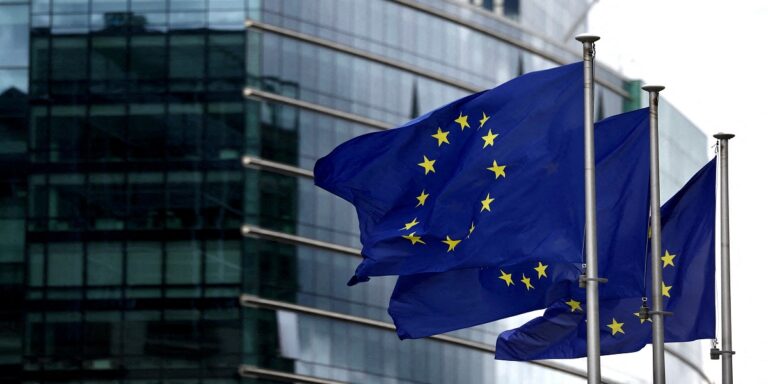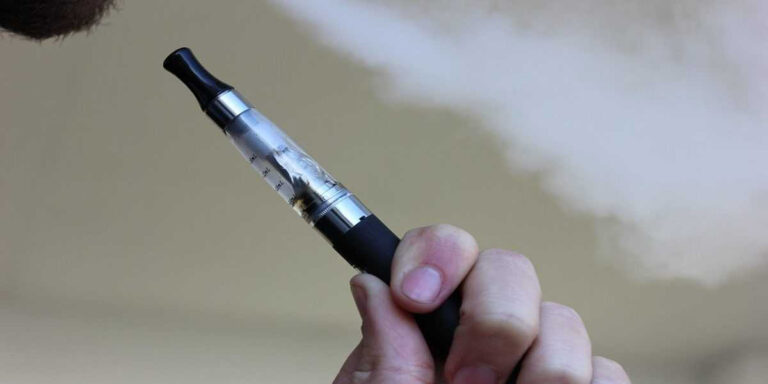The Biden administration faces scrutiny for delaying the enforcement of a ban on menthol cigarettes, aimed at curbing health disparities among African Americans and reducing youth smoking rates. This delay has drawn sharp criticism from anti-smoking advocates urging prompt action to safeguard public health.
Biden Administration’s Legal Maneuver
Recently, the administration requested federal judges to dismiss a lawsuit filed by anti-smoking groups. These groups seek to compel the FDA to enforce the menthol ban, arguing it’s crucial for public health protection. However, the FDA defends its delay, stating it requires thorough evaluation of the ban’s potential impact.
FDA’s Justification and Legal Position
The FDA argues that the plaintiffs lack standing to sue directly. They cite a recent Supreme Court ruling which stresses that lawsuits must demonstrate specific harm rather than abstract societal concerns. This legal stance underscores the FDA’s stance on assessing all implications before implementing the ban.
Background of the Menthol Ban Issue
Menthol remains the only permitted cigarette flavor under a 2009 law granting the FDA regulatory authority over tobacco products. Despite initial plans to ban menthol last year, ongoing negotiations and regulatory complexities have led to multiple postponements.
Impact on Public Health and Demographics
Menthol cigarettes are disproportionately popular among certain groups, notably African American smokers and young adults. Statistics reveal that 81% of African American adult smokers use menthol cigarettes, compared to 34% of white adults. This demographic disparity highlights the potential health benefits of a menthol ban.
Legal Challenges and Plaintiff Arguments
The lawsuit against the FDA, filed by groups like the American Medical Association and the African American Tobacco Control Leadership Council, argues that the delay undermines the agency’s duty to protect public health. Plaintiffs contend that inaction perpetuates health disparities and stalls necessary regulatory measures.
Economic and Political Ramifications
Beyond health concerns, a menthol ban could profoundly impact the economy, potentially resulting in substantial revenue losses for major tobacco companies such as Altria and British American Tobacco. Moreover, the issue carries significant political weight, particularly in an election year where decisions may sway voter support.
Looking Ahead: Future Prospects and Election Dynamics
The timeline for resolving the menthol ban remains uncertain, with ongoing legal battles and regulatory assessments shaping the path forward. As the 2024 U.S. general election nears, political considerations are likely to influence the administration’s approach to contentious policy decisions like the menthol ban.
FAQs
Why is there controversy over banning menthol cigarettes?
Concerns arise from disparities in public health, given that menthol cigarettes are disproportionately consumed by specific demographic groups.
What health risks are linked to menthol cigarettes?
Menthol may mask smoking’s harshness, facilitating addiction and making quitting harder, with associated health risks.
What legal precedents are relevant?
The FDA cites a Supreme Court ruling emphasizing direct harm in lawsuits challenging regulatory delays.
How might the delay affect public health outcomes?
Delayed action could perpetuate health disparities and prolonged exposure to harmful tobacco products among vulnerable populations.


















